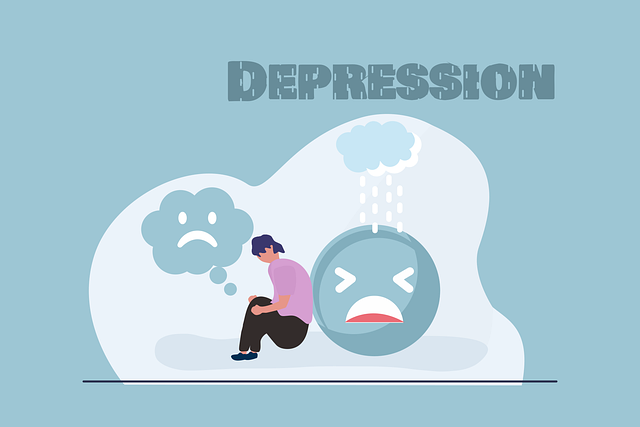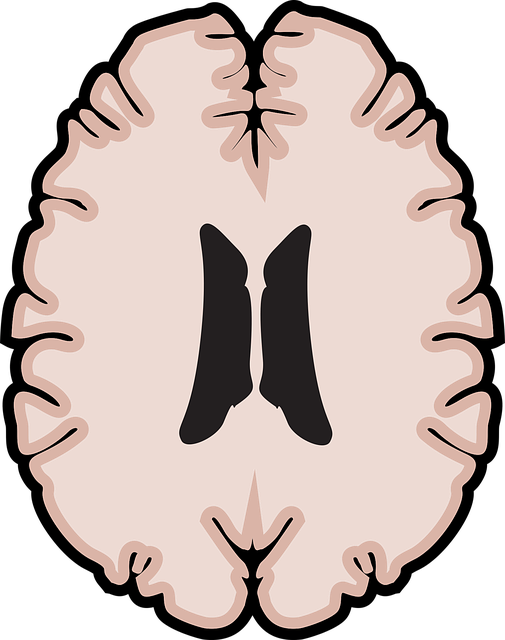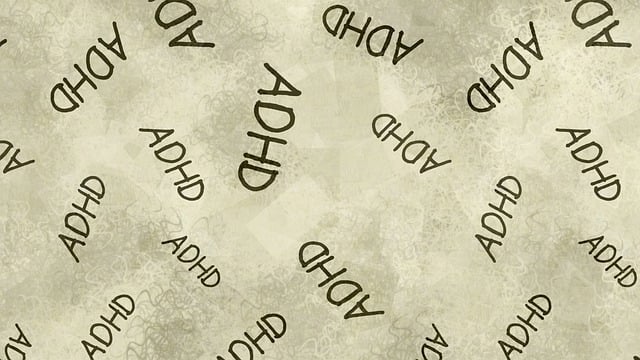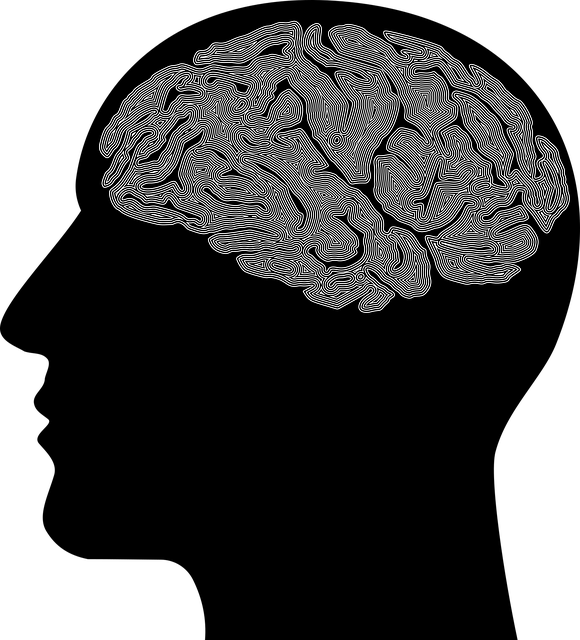Crisis Intervention Teams (CITs) provide vital support during mental health crises, especially for children and adolescents facing life transitions. Through evidence-based practices, CITs address immediate needs while building resilience and teaching coping mechanisms for future challenges. Effective training programs equip professionals with skills to recognize and manage complex behaviors, enhancing community outreach and trauma support services. Integrative therapy techniques, combining cognitive-behavioral, mindfulness, and compassion cultivation, promote emotional well-being by empowering youth to cope with adversity and build resilience during major life transitions.
“In today’s complex social landscape, effective crisis intervention teams (CITs) are a cornerstone of mental health support, especially for vulnerable children. This article explores the vital role of specialized training programs in equipping professionals to navigate major life transitions and provide targeted interventions. We delve into integrative therapy approaches that foster resilience and healing in young minds, addressing the pressing need for innovative solutions in childhood mental health care. Discover how these strategies revolutionize therapy for children facing turbulent life events.”
- Understanding Crisis Intervention Teams: A Cornerstone for Mental Health Support
- The Role of Training Programs in Equipping Professionals for Children's Well-being
- Major Life Transitions: Navigating Turbulent Waters with Targeted Interventions
- Integrative Therapy Approaches: Fostering Resilience and Healing in Young Minds
Understanding Crisis Intervention Teams: A Cornerstone for Mental Health Support

Crisis Intervention Teams (CITs) are a crucial cornerstone in mental health support, especially for vulnerable populations such as children and adolescents navigating major life transitions. These teams are designed to provide prompt and effective interventions during moments of crisis, aiming to de-escalate situations and prevent further deterioration. CITs typically consist of professionals from various fields, including psychology, social work, and psychiatry, who receive specialized training to recognize and address acute mental health crises.
The role of these teams extends beyond immediate crisis management; they play a vital part in depression prevention and fostering resilience. Through tailored therapy for children, Social Skills Training, and Mental Health Education Programs, CITs contribute to the overall well-being of individuals facing significant life changes. By integrating evidence-based practices, these programs not only help in managing current crises but also equip participants with coping mechanisms for future challenges, ensuring better long-term mental health outcomes.
The Role of Training Programs in Equipping Professionals for Children's Well-being

Effective crisis intervention team training programs play a pivotal role in equipping professionals with the skills and knowledge to address the complex needs of children facing major life transitions, trauma, or emotional distress. These programs are designed to immerse participants in realistic scenarios, fostering an environment where they can practice evidence-based techniques for crisis management. Through interactive workshops, simulations, and expert guidance, professionals learn to recognize subtle cues, navigate challenging behaviors, and provide immediate, effective support.
The impact of such training extends beyond the immediate intervention; it empowers community outreach programs and trauma support services by enhancing the emotional healing processes within affected communities. By investing in comprehensive crisis intervention team training, organizations contribute to a more resilient and supportive environment for children and families navigating life’s unpredictable challenges.
Major Life Transitions: Navigating Turbulent Waters with Targeted Interventions

Major life transitions can be challenging for anyone, especially children who are developing their sense of self and coping mechanisms. These transitional periods, such as starting school, moving houses, or experiencing the loss of a loved one, often bring about a myriad of emotions and can lead to increased anxiety and stress. Therapy for children during these times is crucial in helping them navigate turbulent waters.
Crisis intervention team training programs equip mental health professionals with the skills to provide targeted interventions that foster resilience building. By teaching coping skills development, risk management planning becomes more effective. These programs ensure that professionals are prepared to support children in managing their emotions and adjusting to significant changes, ultimately promoting their overall well-being.
Integrative Therapy Approaches: Fostering Resilience and Healing in Young Minds

In the realm of crisis intervention team training, integrative therapy approaches are gaining prominence as powerful tools for fostering resilience and healing in young minds. These innovative practices combine various therapeutic techniques to address the complex needs of children experiencing major life transitions or emotional crises. By integrating elements from cognitive-behavioral therapy, mindfulness practices, and compassion cultivation, therapists create a holistic environment that empowers youth to navigate challenging situations with greater equanimity.
Resilience building is a cornerstone of these integrative strategies, equipping young individuals with the mental fortitude to bounce back from adversity. Compassion cultivation practices further enhance this process by encouraging empathy and self-compassion, which are crucial for mitigating symptoms of depression prevention. Through tailored interventions, children learn to recognize and manage their emotions effectively, enabling them to develop healthier coping mechanisms and build a more robust psychological foundation.
Crisis intervention team training programs play a pivotal role in equipping professionals to handle various challenges, from understanding crisis teams to integrating therapeutic approaches. By focusing on major life transitions and providing targeted interventions, these programs foster resilience and healing in young minds. Through comprehensive training, professionals gain the skills necessary to navigate turbulent waters, ensuring better outcomes for children in need of mental health support.














